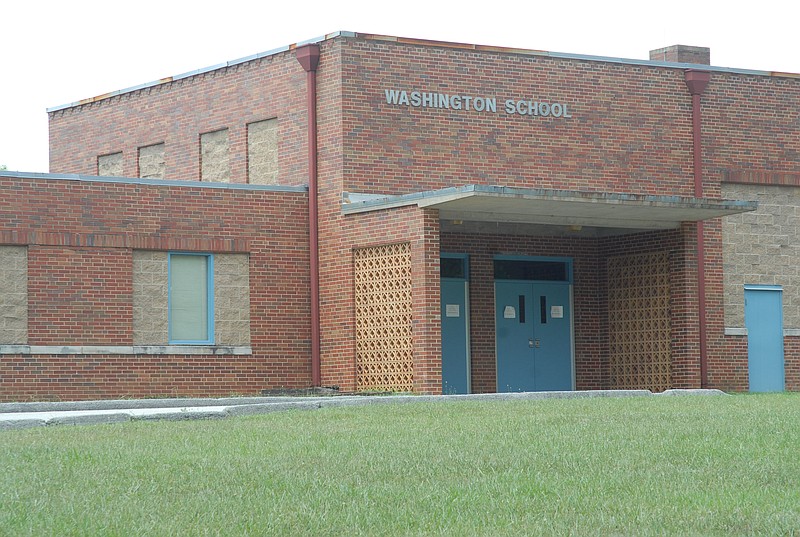A law passed with the best of intentions earlier this year by the Tennessee General Assembly has come back to bite the public school officials it was intended to help.
The intent of the law, at least as it concerns grades 7-12, is to keep students who are suspended or expelled from a regular school in an alternative school or program.
Studies have shown keeping students at home provides no educational benefit and can give them time and space to get in further trouble.
However, many school systems, especially in rural counties, don't have designated spaces for alternative programs, much less separate buildings to house classroom settings for them.
Hamilton County has Washington Alternative School and is considering adding up three alternative schools across the district. But other school systems have balked at the guidance the state Department of Education has so far provided toward fulfilling the law.
The apparent prohibition against suspending students from school also has worried some officials, who understand even zero-tolerance offenders will have to be placed in an alternative setting.
State Sen. Todd Gardenhire, R-Chattanooga, said earlier this week that what became Public Chapter No. 465 when it was signed by Gov. Bill Lee on May 24 is likely to be back in front of legislators in their session that begins in January.
The legislation passed the Senate 31-0 and the House 88-3, he said.
Gardenhire, who voted for the bill, said the legislation was brought by state Sen. Katrina Robinson, D-Memphis, who sponsored it on behalf of Memphis school officials. The Tennessee Organization of School Superintendents also favored it, he said.
But the bill had "unintended consequences," he said. "It backfired."
"It essentially repeals the zero tolerance policies that local [school] boards have carefully developed by requiring students be placed in an alternative education program if space is available," Scott Bennett, attorney for the Hamilton County Board of Education, wrote in a letter to Gardenhire. "While that makes sense for relatively minor offenses like simple possession of marijuana, it is difficult to rationalize for more serious offenses like sexual assault, aggravated battery, bomb threats, homicide, etc."
Michael Maren, research analyst for the Senate Education Committee, said he is uncertain what guidance superintendents are being given at the moment, but he said it is clear things will not be able to continue as they are.
The problem, he surmised, comes in clause "c" of section one of the bill, which states: "Students in grades seven through twelve (7-12) who have been suspended or expelled from the regular school program must be assigned to an alternative school or alternative program if there is space and staff available. Attendance in an alternative school or alternative program shall be voluntary for students in grades one through six (1-6) who have been suspended or expelled from the regular school program unless the local board of education adopts a policy mandating attendance in either instance."
"There will have to be another bill to address some of these problems," Maren said. "Something will have to change. [The law, as written] is not feasible."
Bennett, also the attorney for the school boards of Bradley and other counties, acknowledged as much in a letter to Hamilton County school board member Joe Smith and copied to other school officials.
"I have been on the phone ... with another superintendent who has contacts on the State Board of Education," he wrote. "She is working to slow down the [state board's] approval of this policy on the grounds that the General Assembly will surely change the law to preserve zero tolerance and the principal's authority over the first 10 days [of a suspension]. She is making the argument that policy development takes time and that, if we have to implement this [State Board of Education] policy, then the law will likely change by the time we revise our procedures."
Our hope would be that the state Department of Education and its State Board of Education and the superintendents association collaborate to keep from immediately writing anything in stone about this law, then work to solve the remaining questions before legislators take it up again in January.
"We're all going to work together for a fix," Maren said.
Obviously, the aim to keep unruly students in some sort of school setting is a worthy one, but the unintended consequences of space needed for alternative schools/programs and the importance of retaining principals' discretion over discipline for the worst offenders are critical matters to consider.
